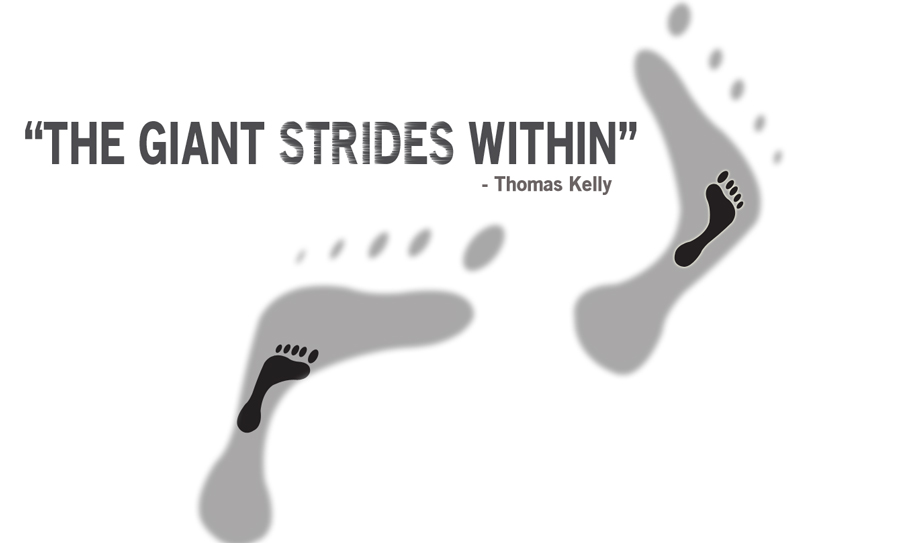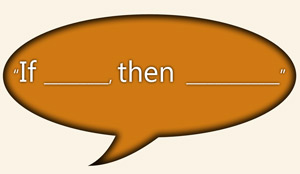The Cure for Shame
 Thursday, September 11, 2014 at 12:16PM
Thursday, September 11, 2014 at 12:16PM 
Shame will be our default position and the virus in every relationship - unless it is healed. Shame says, "You are flawed to the marrow, have nothing significant to offer, hopelessly addicted, and inherently prone to blow it. The good in you can never outweigh the bad in you. You will never be enough."
A shame-consciousness will be the Achille's Heal for every leader, organization, and every family and parent-child relationship, unless we find the cure. And there is a cure.
But when we look to the pulpit or Public Television or TED pundits for a cure for shame, it often sounds like one the the following, often reasonable-sounding antidotes:
Acceptance as an antidote to shame:
"I am loved, despite..."
"I am accepted."
Self-confidence as an antidote to shame:
"Practice positive self-talk."
"Believe you are worthy."
Forgiveness as an antidote to shame:
"I am forgiven."
"God's grace is greater than my sin."
Discipline as an antidote for shame:
"Step up your prayer life and spiritual disciplines."
"Try harder not to miss group meetings."
Release from guilt as an antidote to shame:
"It's not your fault."
Positive thinking or better self-talk can't handle this.
Yet, as helpful and often true as most of the above antidotes can be, none of these solutions is sufficient to heal the root of shame. Most Christians think that one or more of those antidotes I listed above will do the trick; yet it often feels like we're up against something much bigger than positive thinking or healthy self-talk can handle.
Our best efforts to fend off our critics [whether external or internal] often feel a bit like the leather-tough cowboy who pretends the bullet lodged in his gut doesn't hurt; or the female CEO who tries to casually shake off the brutal criticisms lobbed at her by the Board, while she privately sheds angry tears in the bathroom stall.
We're tired of pretending we're o.k., and though we are reluctant to admit it, pretending only temporarily shoves away the pecking buzzards, knowing the scavengers will always return until the kill is devoured. Pretending we're o.k. doesn't actually heal us.
The cure for shame
The best question to ask is, "What does Jesus think the cure for shame is?" Does Jesus have a way to heal the root system of shame within the human personality, rather than asking us to coax ourselves into positive self-talk or try to act bravely in the face of our critics?
In Jesus' own words, the cure he offers is this: "I will give you a new heart and put a new spirit in you." [Ezekiel 36:26] His answer is as astoundingly simple as it is unique. The heart is the root system for a person's relational health. Jesus restores the root system in order to restore the person. The moment you enter friendship with Jesus, the diseased root system is removed: The heart that has driven you into a shame-mindset your whole life is taken away. In its place is emplanted a remarkable, noble and radiant heart - a new root system. Everything you hoped you could be is embedded in that new heart you've been given, waiting to be affirmed and released.
What Jesus might say to set us free:
Jesus might say,
"Let's be truly authentic here, no pretending. There's no need for that. You're safe with Me. No mustering up a sense of worthiness that shields you from the critics; instead, let's take self-defense off the table forever.
When the Devil comes to Me and tries to accuse and slander you to My face, I point him to your new and noble heart. It infuriates the Enemy because self-defense is the only thing he has to teach you.
Your new-hearted nobility is a gift from me, and no one feels compelled to defend something they know is a gift: If you didn't create it, you're not responsible for defending it, right? I defend you so that you don't have to. Your new heart is how I defend you against your critics."
LEARN MORE:
To learn more about recovering your good and noble heart, you can check out Jim's book, Recover Your Good Heart - Living free from religious guilt and the shame of never good-enough.

































